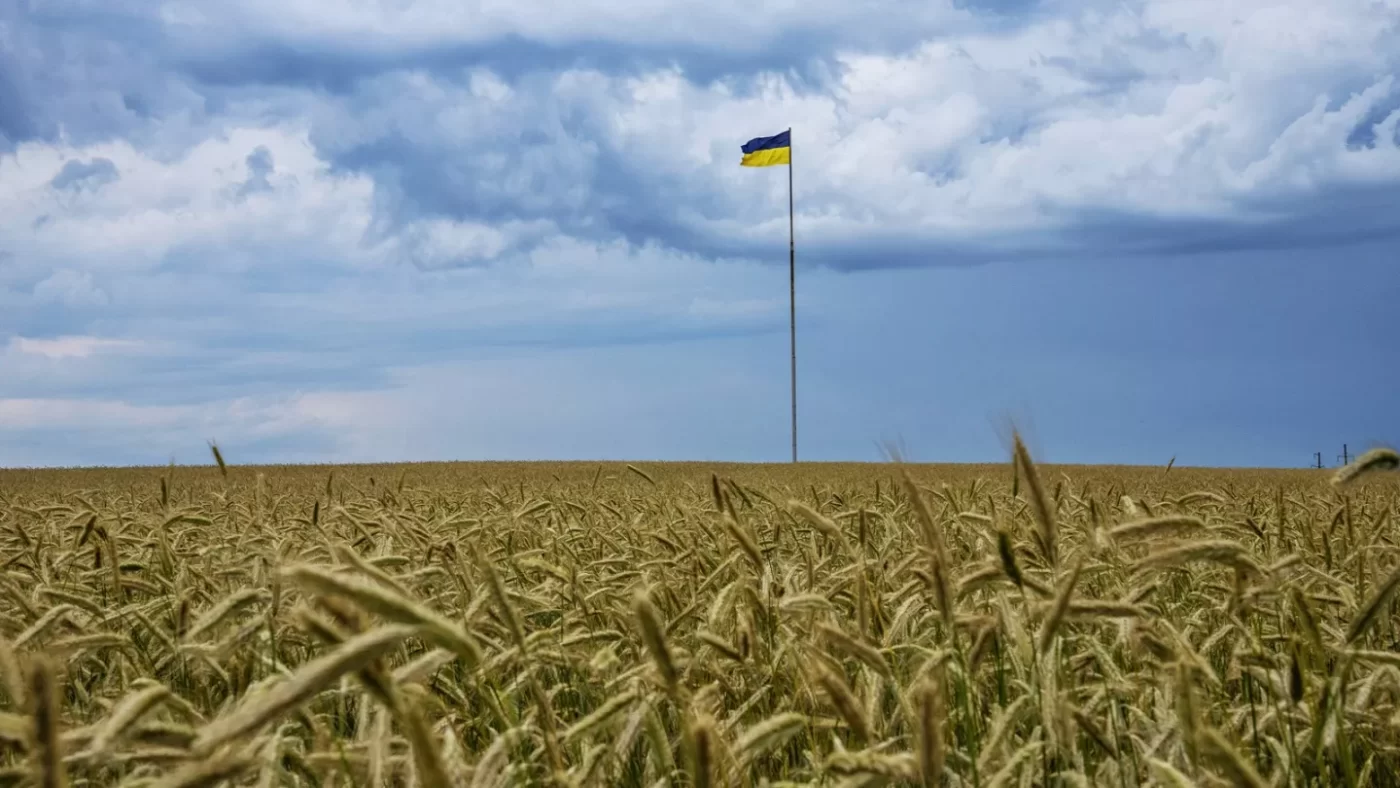NEWS
Crafting a Sustainable Path: Navigating EU-Ukraine Grain Trade Amidst Tariff Negotiations
Crafting a Sustainable Path: Navigating EU-Ukraine Grain Trade Amidst Tariff Negotiations
Challenges in Extending Free Trade Agreements
In a pivotal juncture for transcontinental trade relations, European Union member states have reached a critical agreement to extend free trade with Ukraine until June 2025. However, this agreement marks a significant departure from previous assurances of steadfast support to Ukraine, especially concerning its crucial agricultural exports.
The extension of this special trade regime includes a series of enhanced safeguards specifically targeting products deemed “sensitive” in nature. These encompass a broad spectrum of goods, ranging from poultry and eggs to sugar, oats, maize, groats, and honey. Under the revised terms, tariffs may be imposed if the volume of these designated commodities exceeds the average recorded over the past three years. Such measures underscore a cautious approach towards potential market disruptions and aim to strike a balance between supporting Ukrainian trade and safeguarding the integrity of EU agricultural markets.
Additionally, the agreement empowers member states with the authority to implement “remedial measures” during periods of market turmoil. While this provision offers a degree of flexibility in responding to unforeseen challenges, it also introduces a level of uncertainty, potentially paving the way for national-level interventions.
Collectively, these adjustments are projected to result in an estimated loss of approximately €330 million annually for Ukraine. This underscores the intricate trade-offs inherent in balancing support for Ukraine’s economic stability with the protection of EU agricultural interests.
Friction and Factionalism: Farmer Protests and Shifting Alliances
The adoption of these heightened measures follows a wave of farmer protests that swept across Europe, fueled by allegations of unfair competition stemming from Ukrainian agricultural practices. Initially concentrated in Eastern European nations such as Poland, Hungary, and Slovakia, this discontent gradually permeated Western Europe, with France notably shifting from an expansive stance to a more restrictive position on trade negotiations.
In a display of solidarity with their Eastern European counterparts, Italy and Austria aligned themselves with the Polish camp, further complicating the negotiating landscape. Conversely, Germany, the Netherlands, and the Baltic states emerged as vocal proponents of maintaining a more lenient approach to trade regulations. The responsibility to reconcile these divergent interests fell upon Belgium, the current holder of the Council’s rotating presidency, which played a pivotal role in brokering a compromise that ultimately facilitated the agreement’s approval.
The Never-ending Dispute: Tracing the Complex History
The roots of this contentious trade dispute can be traced back to Ukraine’s longstanding status as a global agricultural powerhouse. However, the situation was exacerbated by Russia’s aggressive actions, including its blockade of the Black Sea, which severely disrupted Ukraine’s ability to export goods, conduct business, and access foreign currency.
In response to these challenges, the EU opted to lift tariffs on Ukrainian imports in June 2022, with the aim of alleviating transit constraints and ensuring a steady flow of revenue for Ukraine. However, this decision inadvertently triggered a surge in cereals exports from Ukraine, leading to protests from local farmers who voiced concerns about unfair competition and plummeting prices.
The ensuing standoff, characterized by retaliatory trade bans and protracted legal disputes, underscored the intricate interplay between economic interests and solidarity within the EU. The European Commission’s proposal to extend the free trade agreement until 2025 was met with mixed reactions, as member states sought to strike a delicate balance between supporting Ukraine’s economic stability and protecting their own agricultural sectors.
Charting a Path Forward: Toward Sustainable Trade Relations
While the final agreement represents a significant milestone in EU-Ukraine trade relations, its fate remains contingent upon negotiations with the European Parliament. As policymakers navigate the complexities of transcontinental trade dynamics, finding a sustainable path forward will require continued dialogue, collaboration, and a steadfast commitment to balancing economic interests with principles of solidarity and mutual cooperation.

